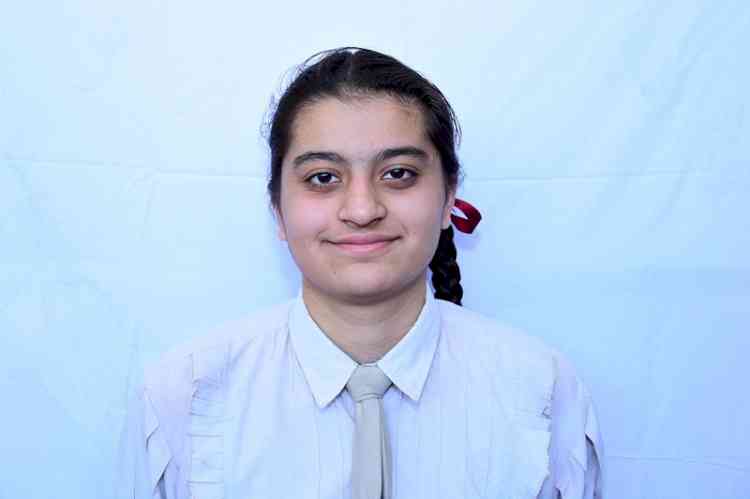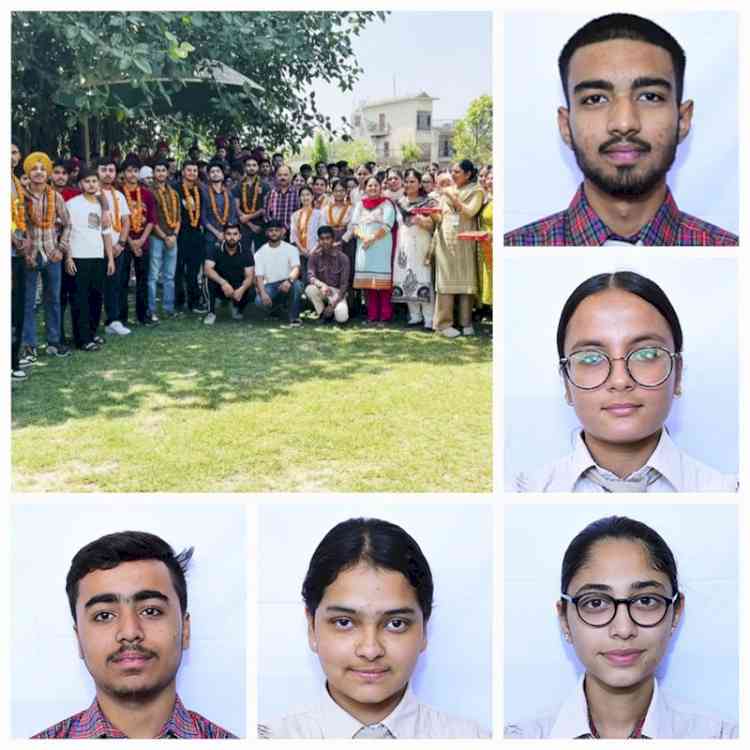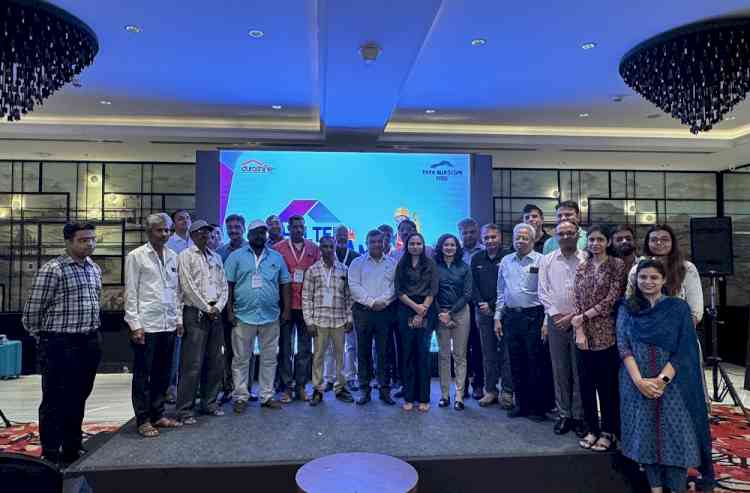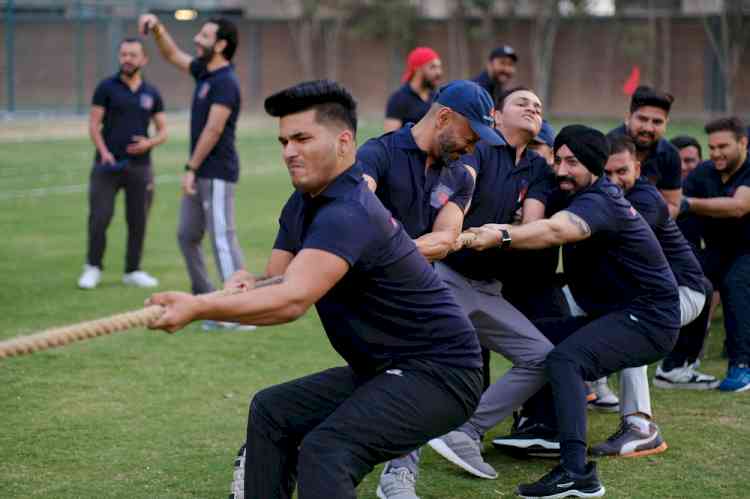Indian Muslim youth being drawn into Iraqi conflict
New Delhi, July 14 (IANS) Hundreds of Indian Muslim youth, mostly from poor and vulnerable backgrounds, are lining up for visas at the embassies of some of the Gulf and Middle East nations with the aim of joining the 'jehad' in Iraq, according...

New Delhi, July 14 (IANS) Hundreds of Indian Muslim youth, mostly from poor and vulnerable backgrounds, are lining up for visas at the embassies of some of the Gulf and Middle East nations with the aim of joining the 'jehad' in Iraq, according to diplomatic sources.
Iraq alone has had to deal with nearly 2,000 applications from highly charged Muslim youth from all over the country, particularly Kerala, Uttar Pradesh, Maharashtra, West Bengal, Andhra Pradesh and Tamil Nadu, these sources said.
When consular officials of one of the embassies informed some of these youth that it was not possible to give them visas, many said that "we will go, visa or no visa," said a source, who spoke to IANS on the condition that neither he nor his embassy was identified.
The volatile situation in Iraq and the Levant region is giving Indian security and intelligence officials plenty of sleepless nights because of the danger of a jehadi spillover to India as the "contagion" has the potential to spread through the Islamist arc from the MIddle East to China through Afghanistan, Pakistan and India.
As a result India has stepped up security dialogues and intelligence exchanges with a range of countries, including Saudi Arabia, Iraq, Qatar, the United Arab Emirates, Jordan, Egypt, Morocco, Syria and South Africa, besides its regular strategic dialogue partners like the US, Britain, France and Germany.
The close security cooperation resulted in National Security Adviser Ajit Doval making an unannounced visit to Iraq some weeks ago to secure the release of the Indian nurses in the conflict-torn country.
Doval, a former chief of the Intelligence Bureau, who was brought out of retirement and a job with a think tank, the Vivekananda Foundation, to become Prime Minister Narendra Modi's top security and strategic adviser, used his immense contacts in the region to get the nurses back at a time when their safety was hugely compromised.
According to knowledgeable sources, the operation unfolded like a racy thriller, with the nurses being smuggled out of their small town provincial hospital, bang in the middle of the Shia-Sunni conflict zone, dressed as Arabs.
One ambassador from the region, who again spoke on background to IANS, said the Indian government was "deeply concerned" about the spreading conflict created by the Frankenstein's monster-like emergence of the ISIS militia and their announcement of a "Caliphate", and the lure it held for a lot of disaffected and indocrinated Muslim youth all over the world, as seen by the presence in its ranks of scores of foreign fighters from Europe, Central Asia, Africa and Asia.
Many of the youth seeking to go from India were, interestingly, not going to fight only for the Sunni fighters of the ISIS but against them as well, with sources indicating that they may have been mobilised by groups owing allegiance to Shia Iran and the Shia-dominated government in Iraq.
The 'import' of fighting manpower from India marks the first time Indian Muslim youth are being drawn into a global jehad with likely frightening repercussions for this country.
What they would repatriate back in terms of money, muscle and motivation for a whole range of disaffected groups warring against the Indian state for a range of causes, from Maoists to Northeast insurrectionists to Kashmir extremists, is a matter of grave concern for officials.
"This is a serious development but not unexpected," C. Uday Bhaskar, a strategic analyst who is a Distinguished Fellow, Society for Policy Studies, told IANS.
"Over the last year, there has been an active attempt by the right-wing radical groups in West Asia to 'persuade' young Muslim youth from all over the world to join in the 'jehad' against the oppressor. Now this oppressor can be the much reviled US and the generic West; Jewish-Israel, Hindu-India, or can take a sectarian dimension wherein the Shia or Sunni is targeted.
"Given the demographic texture of the sub-continent, the wide disaffection among the youth and the instant communication that cyber space now provides and the emotive appeal of a righteous war - such radicalisation was inevitable.
"The challenge for India is to effectively and empathetically quarantine it," he said.

 cityairnews
cityairnews 

















